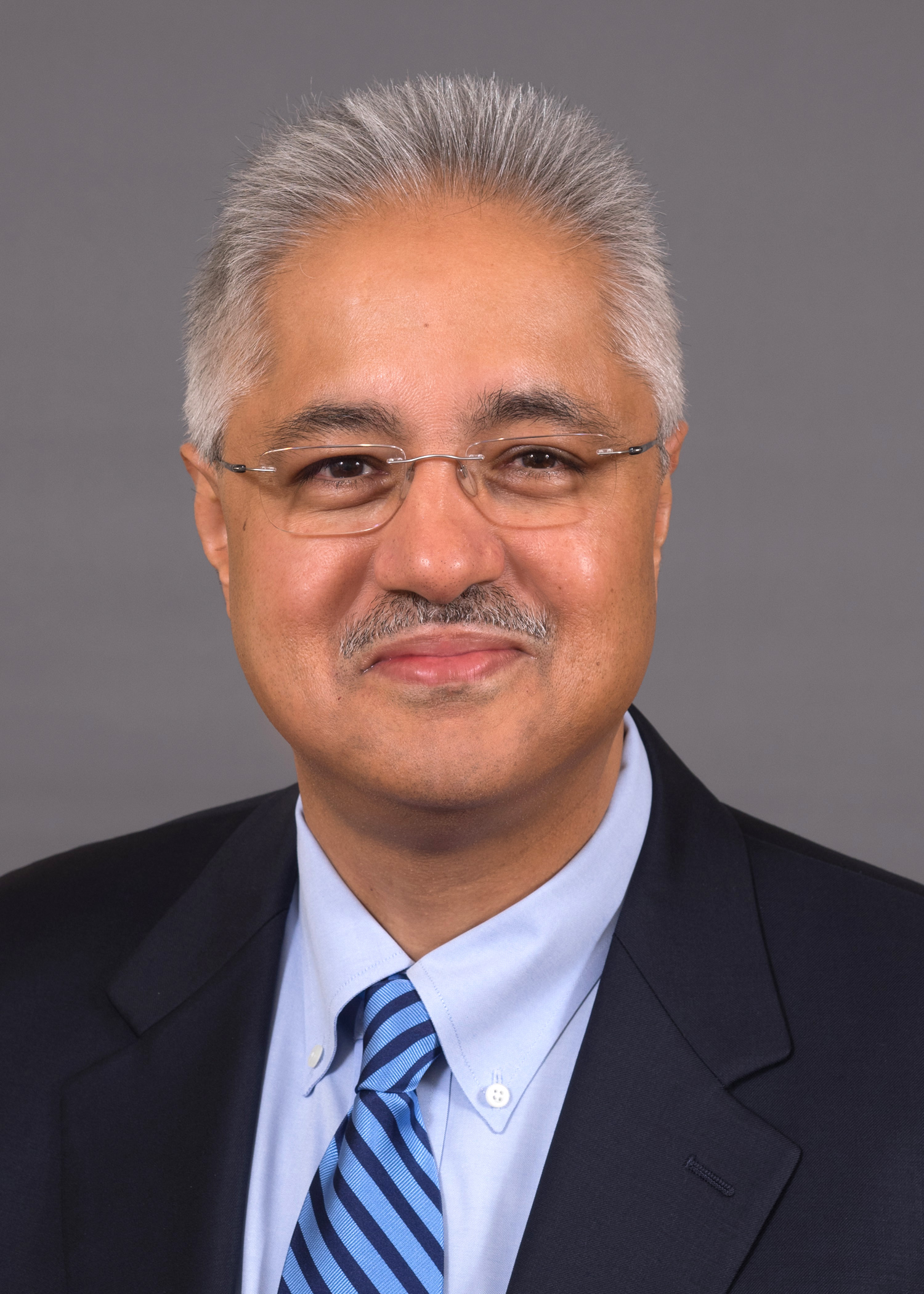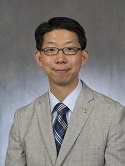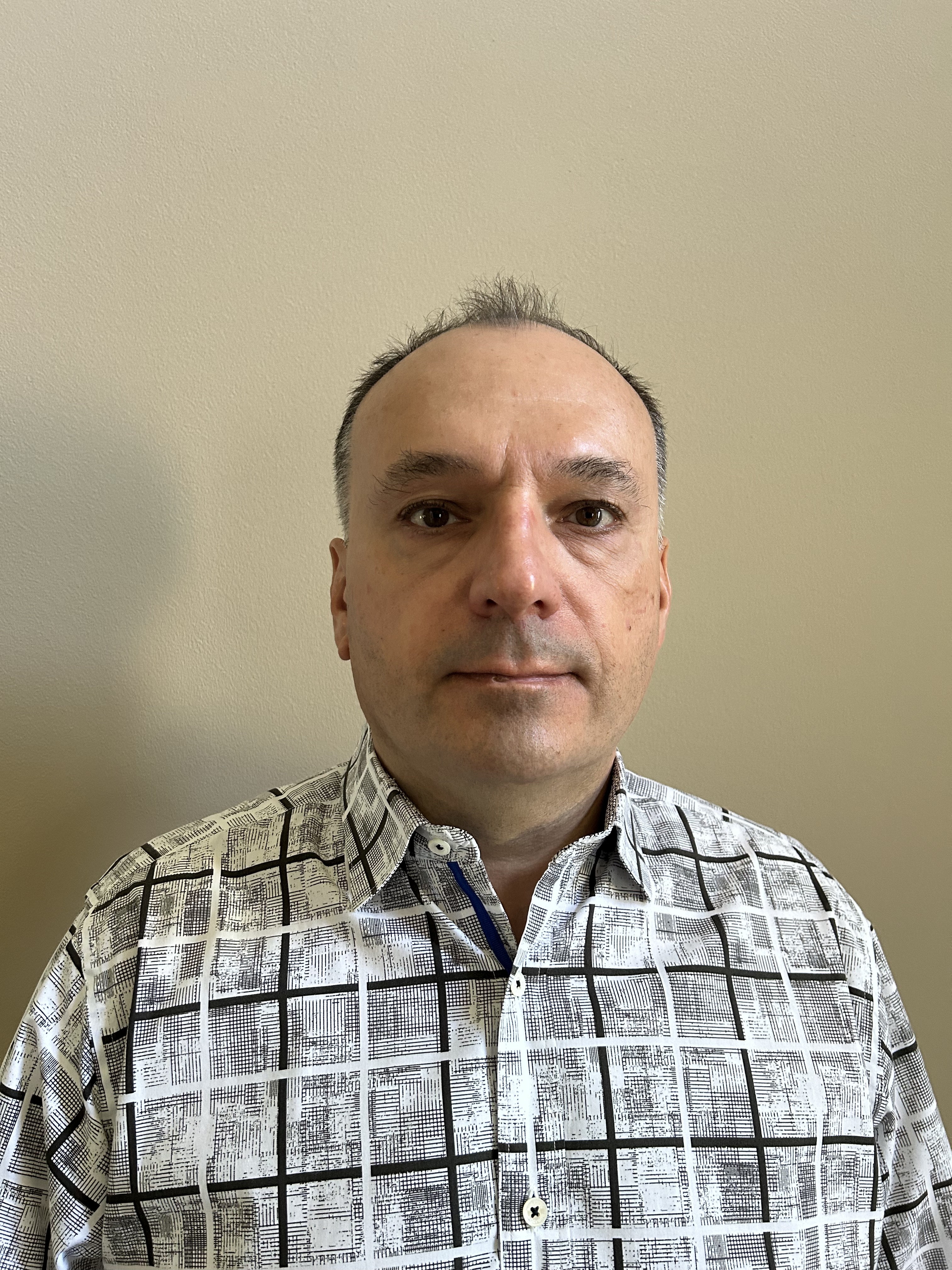Courtesy of the generous contributions of the Dr. John S. Michelman Fund for the Advancement of Sustainable Technology, the Michelman Green, Clean, and Sustainable Technology Research Innovation Program supports applied R&D and use-inspired research with the potential to meaningfully contribute to improvements in environmental health, environmental stewardship, and sustainability by demonstrating new and marketable scientific and technical innovations intended to address real-world problems in the Green-tech and Clean-tech fields.
Applicants for the third cohort of Michelman grantees could apply as either single investigators or multi-investigator teams. Grantees were selected based on the quality, novelty, and creativity of their proposed applied research topic which demonstrated a clear potential to make tangible contributions that improve societal outcomes. Single investigator grantees were awarded up to $35,000 and multi-investigator teams were eligible for up to $80,000 for a 24-month project period to accelerate their applied R&D activities to the point that they can obtain external funding.
Congratulations to the following grantees!
Topology Optimization for Sustainable Construction


Sam Anand, Department of Mechanical and Materials Engineering
Christoph Klemmt, School of Architecture and Interior Design
The project investigates novel mathematical optimization approaches for lightweighting of architectural slab structures. This allows for a reduction of materials and their associated CO2 impact in the construction of buildings, one of the main contributors to greenhouse gas emissions.
Highly selective recovery of high value-added materials from electrical and electronic wastes for energy storage


Soryong R. Chae, Department of Chemical and Environmental Engineering
Vadim Guliants, Department of Chemical and Environmental Engineering
David Smithrud, Department of Chemistry
Electrical and electronic waste (e-waste) is increasing rapidly due to the rising consumption of batteries in portable electronics, electric vehicles, and renewable energy storage systems worldwide. E-waste recycling conserves valuable raw materials such as gold, silver, copper, and rare earth elements. This reduces the need for mining, lowers environmental pollution, and mitigates risks to public health.
CO2-based Technology for the Production of Terephthalic Acid

Hairong Guan, Department of Chemistry
This research project addresses the societal need for more sustainable chemical and materials production. If successful, the project will provide new technologies that improve the environmental profile of plastics by utilizing the major greenhouse gas CO2 and the renewable bio-methane as the chemical feedstock.